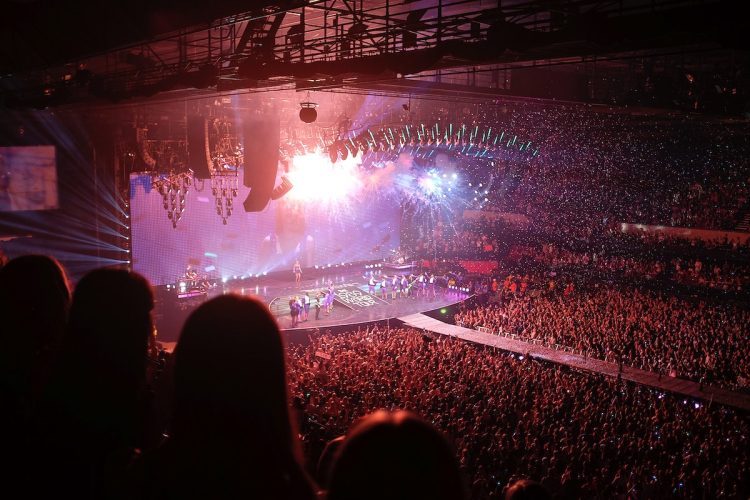It isn’t just Taylor Swift who can throw a wrench into a planner’s ability to negotiate a room block
Our featured story this week is about how when Taylor Swift’s Era’s Tour comes into a town, the army of Swifties that descends on the metropolis can make it tough for meeting and event groups to find rooms as well as services like taxis, restaurant reservations, and other attractions. But that’s not the only disruption planners should monitor when selecting a destination.
Take New York city for instance. Right now, more than 16,000 hotel rooms are being used to house migrants and other homeless people. The city has been using hotels as temporary housing due to its legal obligation to provide shelter to anyone who needs it. However, this has created a strain on the city’s resources and the hotel industry, leading to rising prices and limited availability for meetings groups and other tourists.
Here are some other examples of external factors that could impact room rate and availability that planners should consider when selecting a destination:
Major Sporting Events: Cities hosting events like the Super Bowl, Olympics, or World Cup often see a surge in demand for hotel rooms, leading to higher prices and limited availability.
Music Festivals and Concerts: Large-scale music festivals like Coachella or major concert tours by artists like Taylor Swift create a temporary spike in hotel bookings, particularly in smaller cities or those with limited hotel capacity.
Natural Disasters: In the aftermath of hurricanes, earthquakes, or other natural disasters, displaced residents and aid workers may require temporary accommodation, putting a strain on hotel room inventory.
Political Events and Conferences: Major political gatherings, summits, or international conferences often attract a large influx of attendees, leading to increased demand for hotel rooms and potential price hikes.
Film and Television Productions: Cities that serve as filming locations for major productions can experience temporary shortages of hotel rooms as cast and crew members occupy them for extended periods.
Seasonal Tourism: Popular tourist destinations often face peak seasons where hotel room inventory becomes scarce and prices rise due to high demand.
Economic Booms: Rapid economic growth in certain cities can lead to increased business travel and tourism, putting pressure on hotel room availability and driving up prices.
These are just a few examples of the diverse factors that can influence hotel room inventory and pricing in various cities worldwide. The interplay of these factors can create unique challenges for travelers and event planners, requiring flexibility and advanced planning to secure accommodations at reasonable rates.
What’s the best way to keep abreast of these types of developments? Here’s a list of sources that can help planners stay in the know:
Event Listing Websites
Eventbrite: This platform lists a wide variety of events, from concerts and festivals to conferences and workshops.
Meetup: Primarily focused on local group activities and events, Meetup can be useful for finding smaller-scale events that might not be listed on other platforms.
Local tourism board websites: Many cities have official tourism websites that list upcoming events and festivals.
News and Entertainment Websites
Local news outlets: These websites often have sections dedicated to upcoming events in the city.
Time Out: This global media company provides comprehensive city guides that include event listings.
Consequence of Sound: This music news website often features upcoming concert tours and festival lineups.
Hotel Booking Websites
Hotel search engines: Many hotel booking sites (e.g., Kayak, Expedia, Booking.com) display event information alongside hotel availability and prices, allowing you to see if there are any events happening during your group’s desired dates.
Social Media
City-specific hashtags: Searching for hashtags related to the city you’re visiting (e.g., #NYCevents, #LondonEvents) can often reveal upcoming events.
Event pages: Many large events have dedicated Facebook pages or X (formerly Twitter) accounts where they announce upcoming dates and details.
By using a combination of these resources, you can get a comprehensive overview of upcoming events in a city and gauge their potential impact on hotel availability and prices. This will help you plan your event accordingly, either by increasing your planning lead time or choosing alternative dates to avoid peak demand periods.
Any thoughts, opinions, or news? Please share them with me at vince@meetingsevents.com.
Photo by: Wikimedia Commons, CC0 1.0





